Cosmic Videos
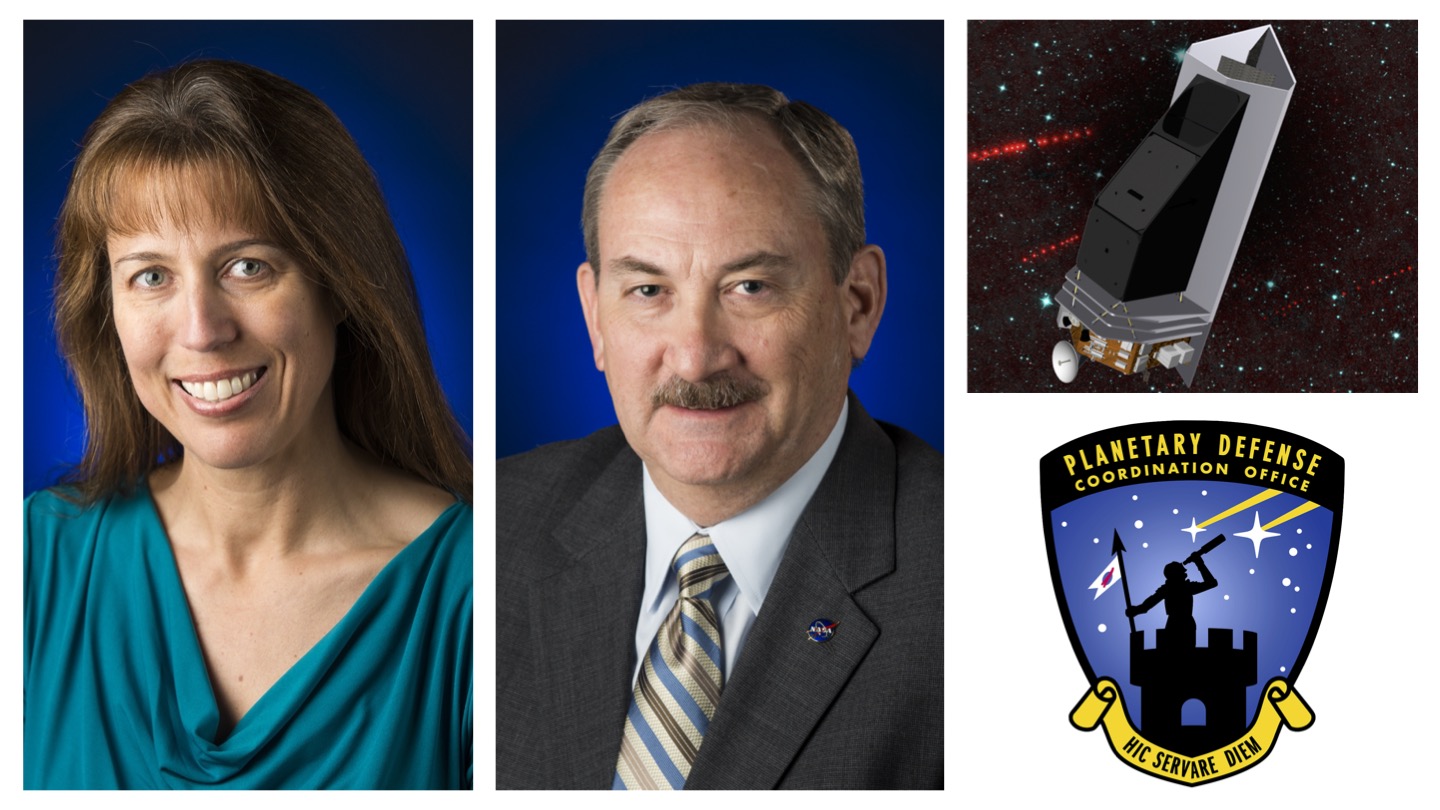
Planetary Defense at NASA
Near-Earth objects (NEOs) are asteroids and comets that orbit the Sun like the planets, but with orbits that can bring …

A Stretching Gas Cloud and Other Dusty Objects That Orbit Close to the Galactic Black Hole
The Supermassive Black Hole (SBH) at the center of our Milky Way Galaxy is surrounded by a dense cluster of …
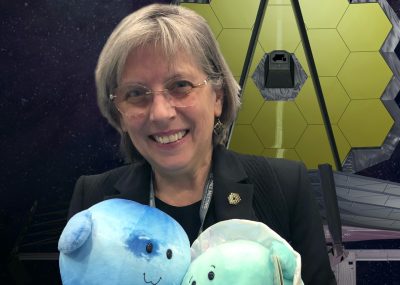
Exploring the Ice Giants with Keck Observatory and Other Telescopes
During the late 1980s, our understanding of the local ice giants – Uranus and Neptune – was revolutionized by detailed …
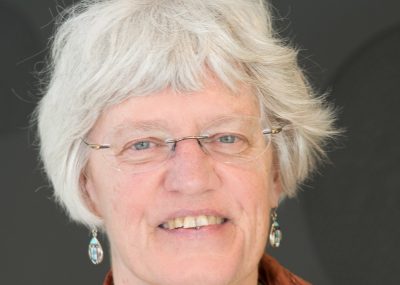
Celebrating 175 Years of Neptune: A Story From Its Discovery to the Present
Neptune was discovered on September 24, 1846 (~175 years ago). Since its discovery, we have learned much about the planet …

The Year(s) Ahead: What’s on the Horizon for Astronomy?
The coming year promises to be an exciting one for astronomy on the ground and in space. With new instrumentation …

Broadening Our Horizons With the Nancy Grace Roman Space Telescope
What’s the true nature of dark energy and dark matter, those invisible forces that both bind together and may ultimately …

The Keck Discovery Engine: A Transformative New Capability for Science
Keck has maintained leadership in astronomy for three decades because of the creativity of its community, the nimbleness of its …
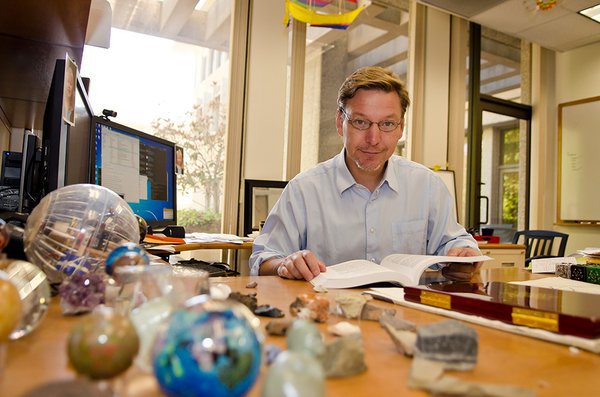
Planet 9 From Outer Space
In the past 175 years, more than 30 separate astronomers have suggested the existence of a giant planet beyond Neptune …
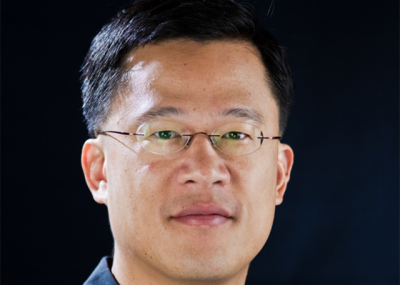
Imaging Other Worlds: Today and Tomorrow
Direct imaging is a key method to study planets around other stars, a.k.a. exoplanets. Thanks to both astronomical and instrumental …
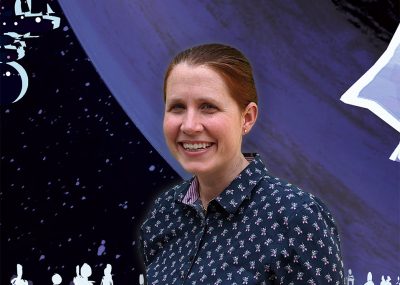
Where I Explore, Where We Explore From The South Pole To Mars To Exoplanets
NASA Exoplanet Exploration Program, NASA Jet Propulsion LaboratoryExploring is fundamental to being human, one of the cornerstones of why we …
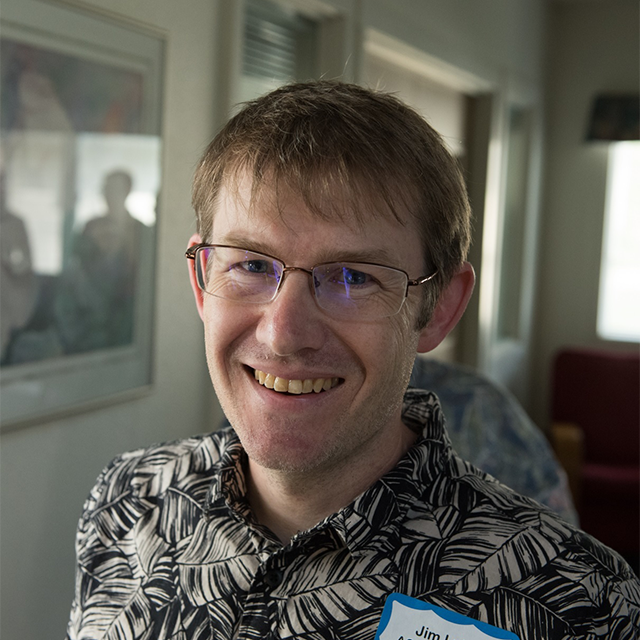
The World’s Most Powerful Pair of Eyeglasses: Keck Adaptive Optics
Dr. Lyke will give a fun and informative overview of Keck’s productive use of a technology that sharpens its view …

Galaxies Viewed Through Cosmic Magnifying Glasses
The gravitational field of massive objects distorts space and time, even acting as a “gravitational lens” by deflecting the path …
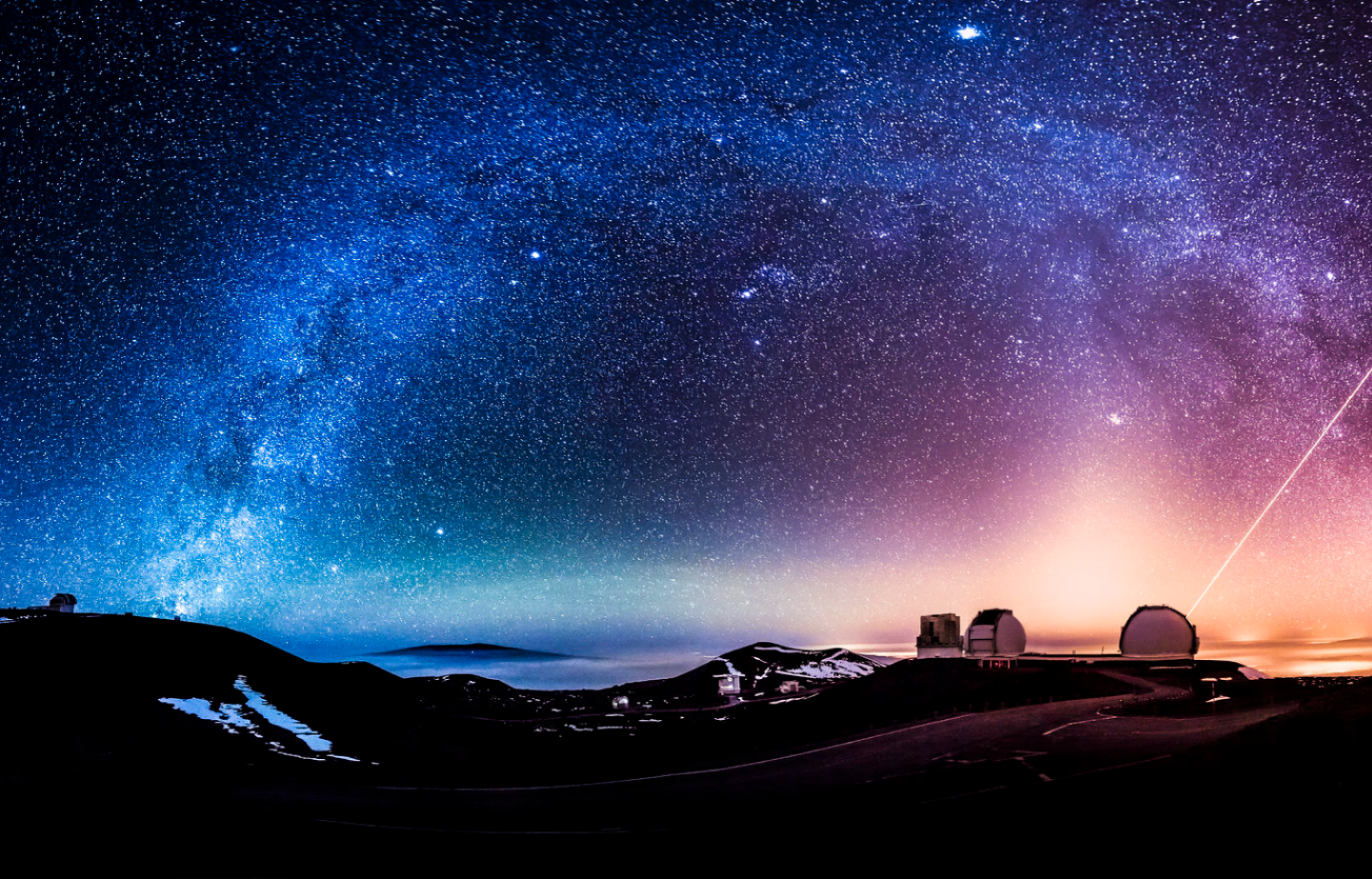
Send a Donation
Thank you for your generous support of W. M. Keck Observatory and for becoming a valued champion of our mission to advance the frontiers of astronomy and share our discoveries to inspire the imagination of all.
Donations are tax-deductible to the extent permitted by law. Keck Observatory is registered as a 501(c)(3) non-profit organization.
Stay Updated
Be a part of our mission and unlock the frontier of astronomy. Subscribe to the Keck Nation Newsletter and receive exclusive access to our latest discoveries, upcoming events, and behind-the-scenes content. Or, find one of our past emails. Together, we reach for the stars!

